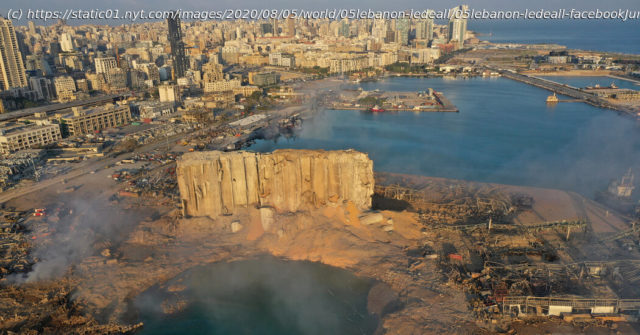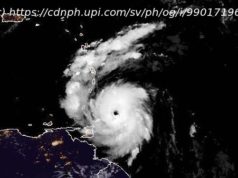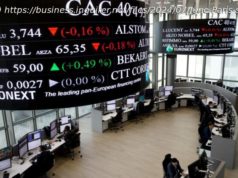As residents picked up the pieces, many saw the explosion as the culmination of years of mismanagement and neglect by Lebanon’s political leaders.
Since an orphaned shipment of highly explosive chemicals arrived at the port of Beirut in 2013, Lebanese officials treated it the way they have dealt with the country’s lack of electricity, poisonous tap water and overflowing garbage: by bickering and hoping the problem might solve itself. But the 2,750 tons of high-density ammonium nitrate combusted Tuesday, officials said, unleashing a shock wave on the Lebanese capital that gutted landmark buildings, killed 135 people, wounded at least 5,000 and rendered hundreds of thousands of residents homeless. The government has vowed to investigate the blast and hold those responsible to account. But as residents waded through the warlike destruction on Wednesday to salvage what they could from their homes and businesses, many saw the explosion as the culmination of years of mismanagement and neglect by the country’s politicians. Nada Chemali, an angry business owner, urged her fellow Lebanese to confront the political leaders, the “big ones” she accused of driving the country to ruin. “Go to their homes!” she shouted. Her housewares shop and her home had been destroyed and she expected no government aid to fix them. “Who from the big ones is going to help us?” she yelled. “Who is going to reimburse us?” The toll from the blast came into stark relief across Beirut and beyond on Wednesday, the day after it left a smoldering crater where the port had been. Beirut’s governor said the damage extended over half of the city, estimating it at $3 billion. Rescue workers struggled to treat the thousands of wounded with few resources and several hospitals knocked out of commission. “We need everything to hospitalize the victims, and there is an acute shortage of everything,” said Hamad Hassan, the health minister. No neighborhood was spared. While the damage was greatest along the Mediterranean waterfront and in the residential districts near the port, the shock waves also blew out windows miles away in the hills above Beirut. Near the city center, the walls of windows on the city’s landmark hotels had been shattered, their curtains left to blow in the wind. In the downtown quarter rebuilt after Lebanon’s 15-year civil war, a proud symbol of the country’s rise from the ashes, high-end boutiques and posh restaurants had collapsed inward, littered with their own debris. Gemmayzeh, an upscale Christian neighborhood known in better times for its historic buildings, abundant churches and rowdy nightlife, resembled a war zone. Cars with smashed windshields lined the curbs.






